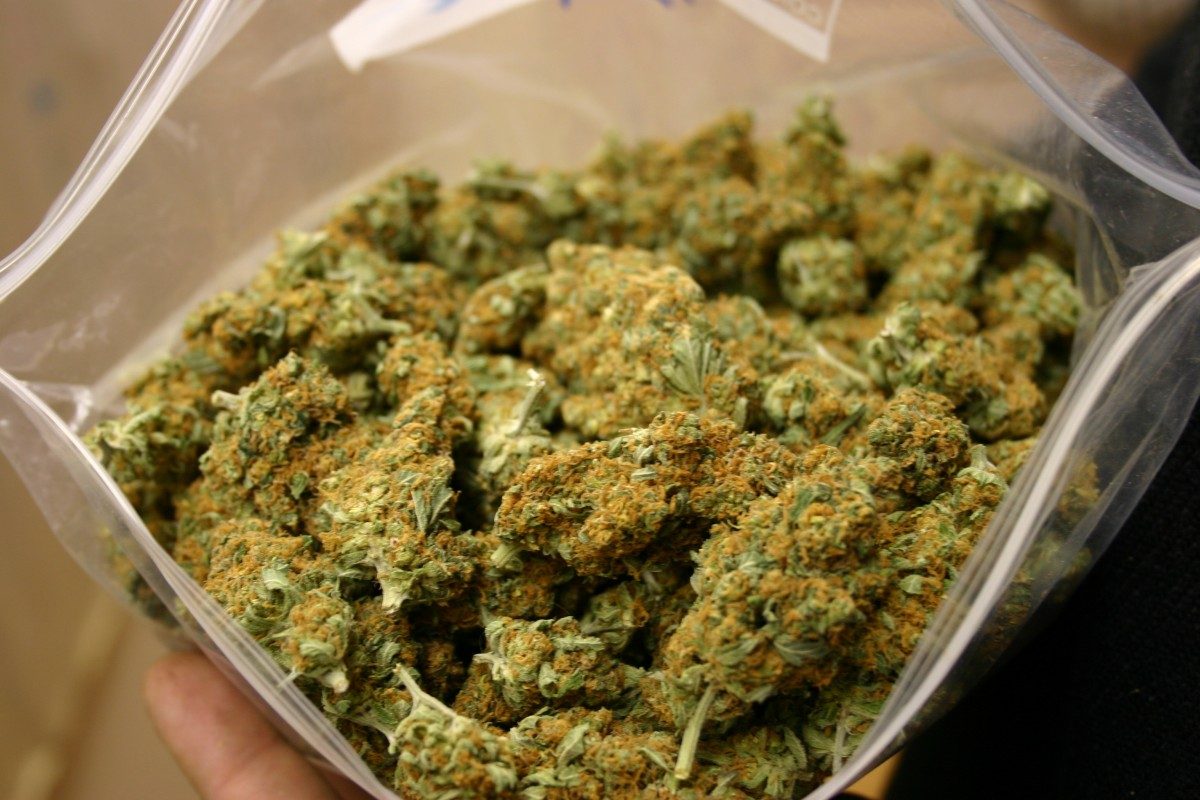
UM expert called to Ottawa to help set national research agenda
If things seem a little dull at your next get-together, here’s a conversation starter for you: “So, what do you think about legalizing marijuana?”
It’s the sort of topic that gets a reaction—usually a strong one—but it’s not just cocktail party chatter anymore, with the federal government working to put forward legislation as soon as spring 2017. After that, Canadians will be able to walk into a brightly lit retail outlet, slap cash on the counter, and walk out with whatever strikes their fancy, from edibles and vape products to the musky green weed itself. If you’re of legal age and you’ve got ID to prove it, it won’t be much harder than picking up a six-pack of beer at the local vendor.
Lynda Balneaves says when that time comes, we’d better be ready. As a researcher and associate professor at the College of Nursing, Rady Faculty of Health Sciences, her focus is on medical marijuana, also known as cannabis. She says that whether you’re considering it as a medical treatment or just want to bring a joint or two to your next social gathering, the most important thing is getting informed—just because something’s legal doesn’t mean it’s time to “toke up”.
Education is key and nurses are going to be a big part of helping demystify a previously sticky topic. “We’re very well-positioned to be doing health promotion and prevention around the non-medical use of cannabis,” she says. And if they’re going to use anyway? “Then it’s about harm reduction. We can talk to individuals about potential concerns and how to safely use it.”
But front-line work with the public is only part of the picture. As the country moves towards legalization, there’s a bigger conversation that’s going on right now amongst leading agencies in Ottawa. As one of only a handful of researchers who has worked on federally-funded studies around medical marijuana, Balneaves was called to Ottawa this fall for meetings that set a national agenda for research on the topic of non-medical use of cannabis. She says it’s about time.
She’s been working in the area for nearly 10 years and she says that for much of it, once she tells someone she’s studying marijuana it’s hard to get them to focus on the research. She’d be giving a lecture and before she knew it, “I’d have a packed house of people tittering and giggling,” she said. “And then there are the people who ask if I do pot myself.” She sighs.
On the opposite end of the spectrum, Balneaves says she’s talked to physicians so nervous about marijuana they want to shut the conversation down before it even begins. “They tell me, ‘It’s just too dangerous, we don’t know enough about it,’” she says. “Yet those same physicians will go ahead and write a prescription for opioids.”
At the end of the day, it’s all about the nature of the beast, says Balneaves. The stigma around cannabis is so strong that for many, fear and misinformation outweighs research and hard science. And that’s got to stop. “So often, attitudes are coming from a social and political perspective, rather than a medical perspective. We’re talking about a drug. Why do we treat it differently from any other drug?”
And yet, we do.
Through her research, Balneaves met a patient dying of HIV/AIDS. With painful lesions in his mouth so bad he could hardly eat, he had wasted down to 100 pounds and could no longer sleep. “He said to me, ‘I’m dying of this chronic disease and when I ask for cannabis to help me manage my symptoms I have to fill out a form for addiction services. Are you kidding me? I’m dying!’”
It’s a heartbreaking story, but Balneaves says it’s not unique. At the moment, most of the currently available information comes from studies on addiction, with the research itself sponsored by organizations like the Canadian Centre for Drug Abuse. More often than not, the participants in those studies are heavy recreational users, a completely different population than medical patients. Under the circumstances, she says it’s no wonder that when we talk about marijuana—even as palliative care for a man close to death—the focus is on the likelihood for misuse, not any potential medical value.
“It’s like we’re still back in the time of ‘Reefer Madness’. I don’t see why we’re not keeping an open mind about therapeutic benefits while being realistic about potential side effects, as we would with any pharmaceutical.”
That’s where researchers like Balneaves come in—working to understand dosage and the effects of therapeutic use. “I’d really like to encourage my colleagues to look at this as being an area that is really rich with questions that need to be asked—especially now.”
For more on Balneaves and her work, visit Canadian Nurse magazine.







Thank you Lynda for the work you do and standing up for medical marijuana research. It saved my friend from stage 4 cancer (breast/lymphoma). Your comment about doctors afraid of it but will prescribe opioids is spot on.